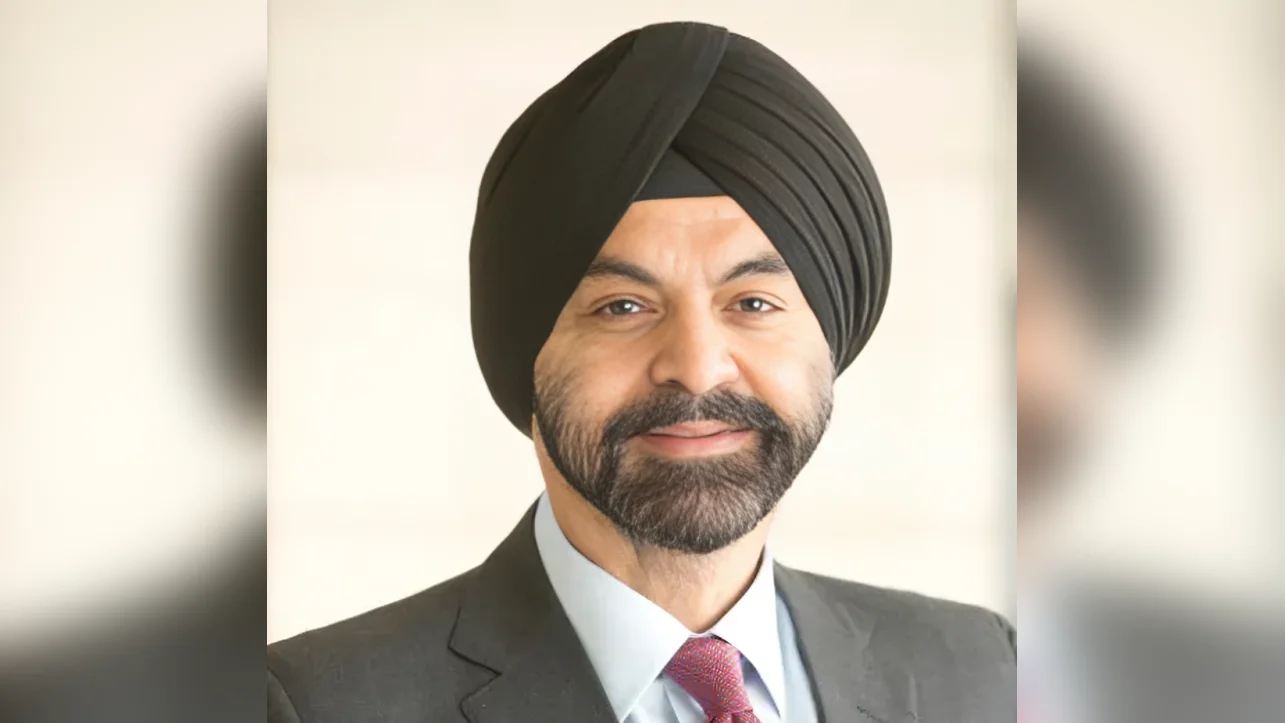Lesotho is tackling persistent poverty through an Economic Inclusion Program (EIP) aimed at breaking the cycle of economic vulnerability. The initiative combines social assistance with economic activities, providing training, grants, coaching, and market linkages to help beneficiaries build sustainable livelihoods.
In Mafeteng, 76 kilometers from Lesotho's capital Maseru, Mme Ramolahloane has transformed into a businesswoman after participating in the EIP. She received six months of training in financial literacy and personal initiative as part of a government and World Bank partnership. With a M5,000 ($268) grant from the World Bank Pathways to Sustainable Livelihoods Project (PSLP), she started a poultry business to achieve financial independence. "I am not new to business," she explains, noting that her training and network have equipped her better for success.
Kekeletso Mantsi, another participant, expanded her seamstress business using the same grant to buy a sewing machine. This investment doubled her production capacity. "The grant enabled me to purchase a multifunctional machine," she says. The training also enhanced her business skills.
The EIP aims to improve social assistance efficiency and equity across Lesotho by helping vulnerable groups access capital, skills, and markets. It supports poor families by increasing household incomes and empowering women and youth.
Through the PSLP, the Ministry of Gender, Youth, and Social Development has improved social protection systems and accelerated digitalization of benefits. While programs like the Child Grants Program (CGP) are vital, many households still struggle beyond subsistence levels. The EIP complements these supports with interventions promoting economic empowerment for rural Basotho.
Among the first cohort of 2,500 beneficiaries:
- 2,171 completed at least 10 out of 12 training sessions; 63% are women and 47% are youths aged 18-35.
- 10% are people with disabilities.
- To date, 2,100 had their business plans approved; 1,647 received productive grants.
A second cohort is being onboarded as part of ongoing efforts to create an inclusive society where everyone can thrive. An impact evaluation will assess the program's efficiency and sustainability while integrating social protection with economic empowerment for long-term resilience.

